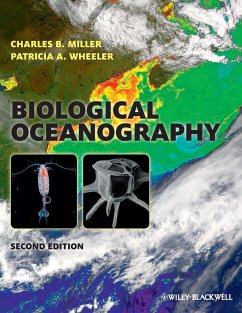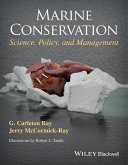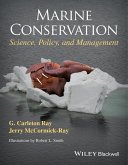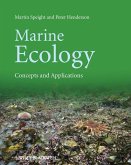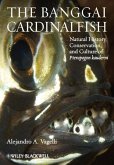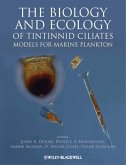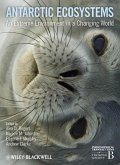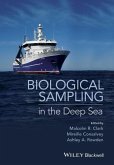This new edition of Biological Oceanography has been greatly updated and expanded since its initial publication in 2004. It presents current understanding of ocean ecology emphasizing the character of marine organisms from viruses to fish and worms, together with their significance to their habitats and to each other.
The book initially emphasizes pelagic organisms and processes, but benthos, hydrothermal vents, climate-change effects, and fisheries all receive attention. The chapter on oceanic biomes has been greatly expanded and a new chapter reviewing approaches to pelagic food webs has been added. Throughout, the book has been revised to account for recent advances in this rapidly changing field. The increased importance of molecular genetic data across the field is evident in most of the chapters.
As with the previous edition, the book is primarily written for senior undergraduate and graduate students of ocean ecology and professional marine ecologists.
Visit www.wiley.com/go/miller/oceanography to access the artwork from the book.
Hinweis: Dieser Artikel kann nur an eine deutsche Lieferadresse ausgeliefert werden.
The book initially emphasizes pelagic organisms and processes, but benthos, hydrothermal vents, climate-change effects, and fisheries all receive attention. The chapter on oceanic biomes has been greatly expanded and a new chapter reviewing approaches to pelagic food webs has been added. Throughout, the book has been revised to account for recent advances in this rapidly changing field. The increased importance of molecular genetic data across the field is evident in most of the chapters.
As with the previous edition, the book is primarily written for senior undergraduate and graduate students of ocean ecology and professional marine ecologists.
Visit www.wiley.com/go/miller/oceanography to access the artwork from the book.
Hinweis: Dieser Artikel kann nur an eine deutsche Lieferadresse ausgeliefert werden.

